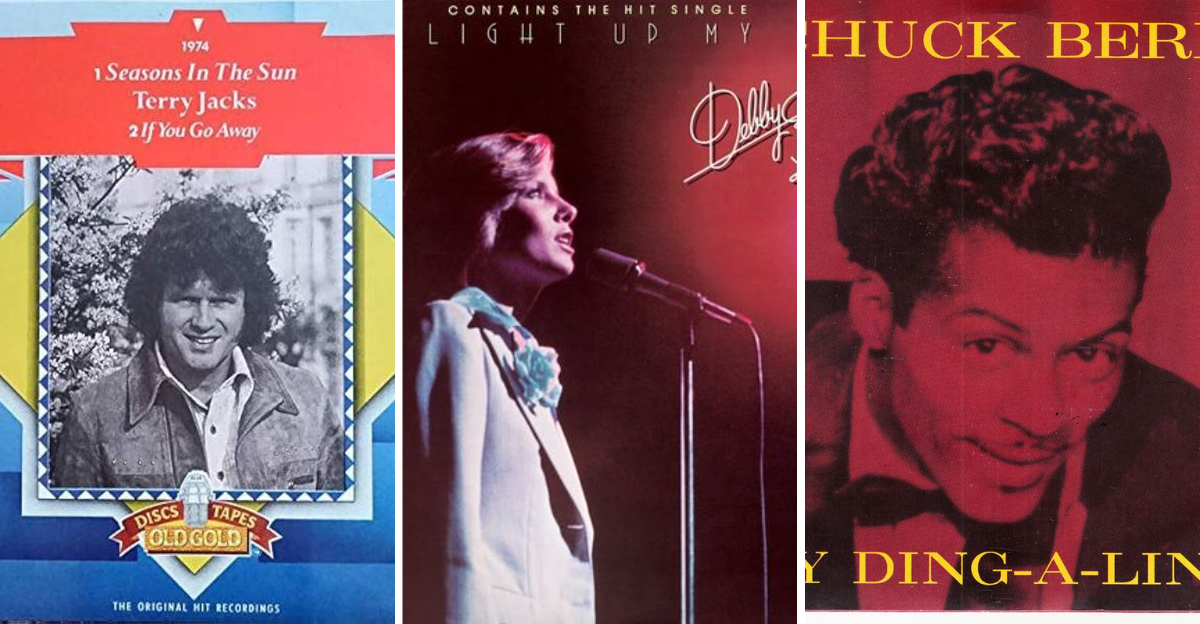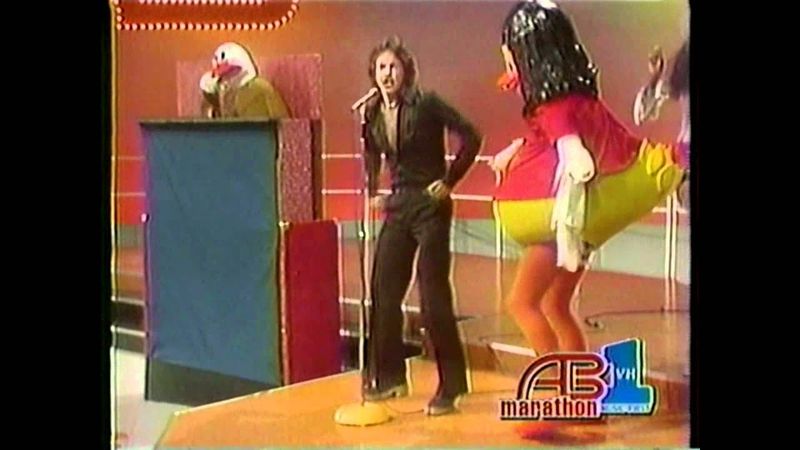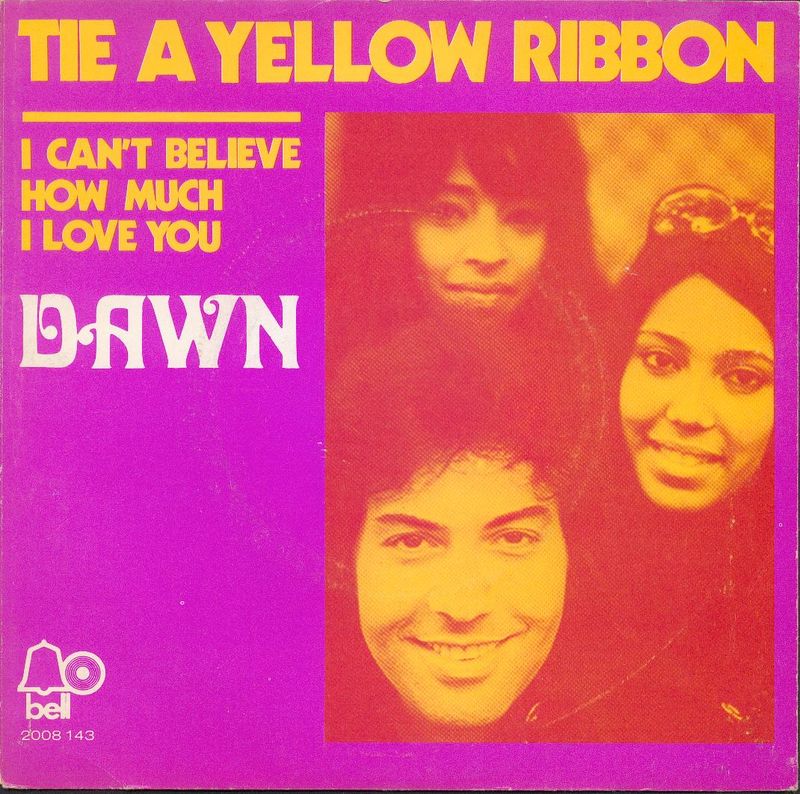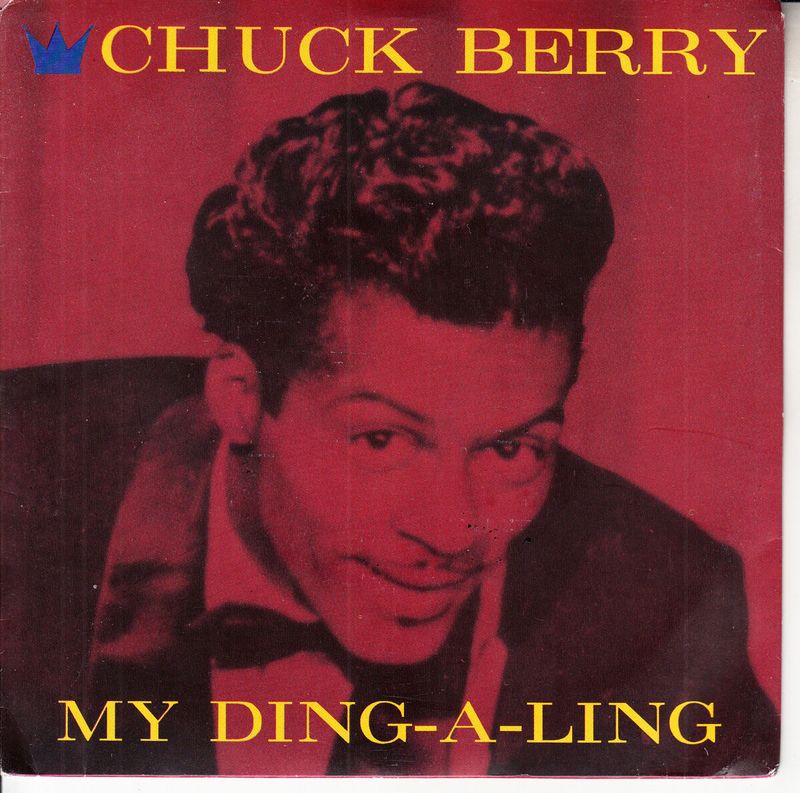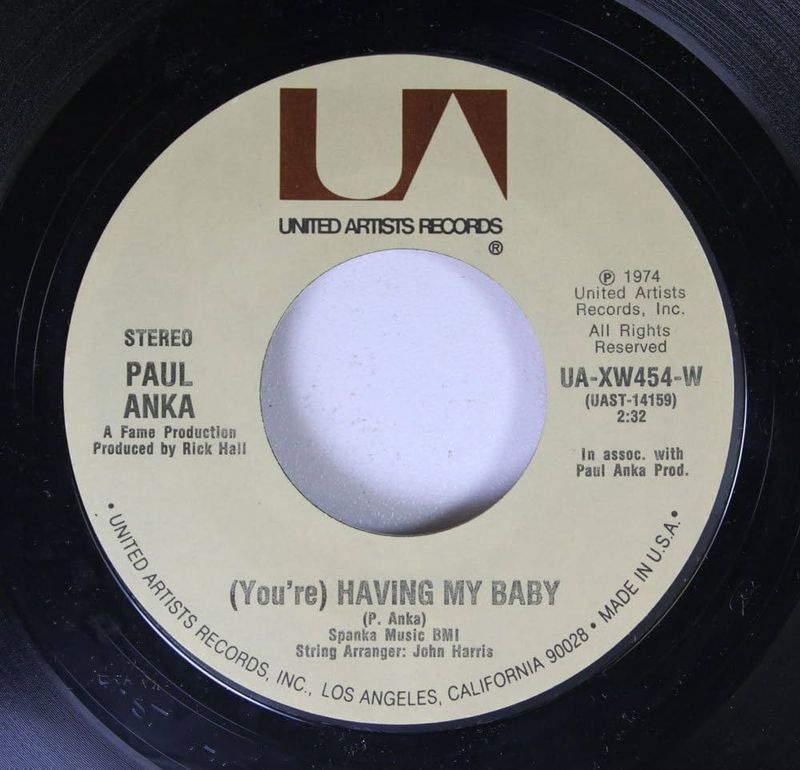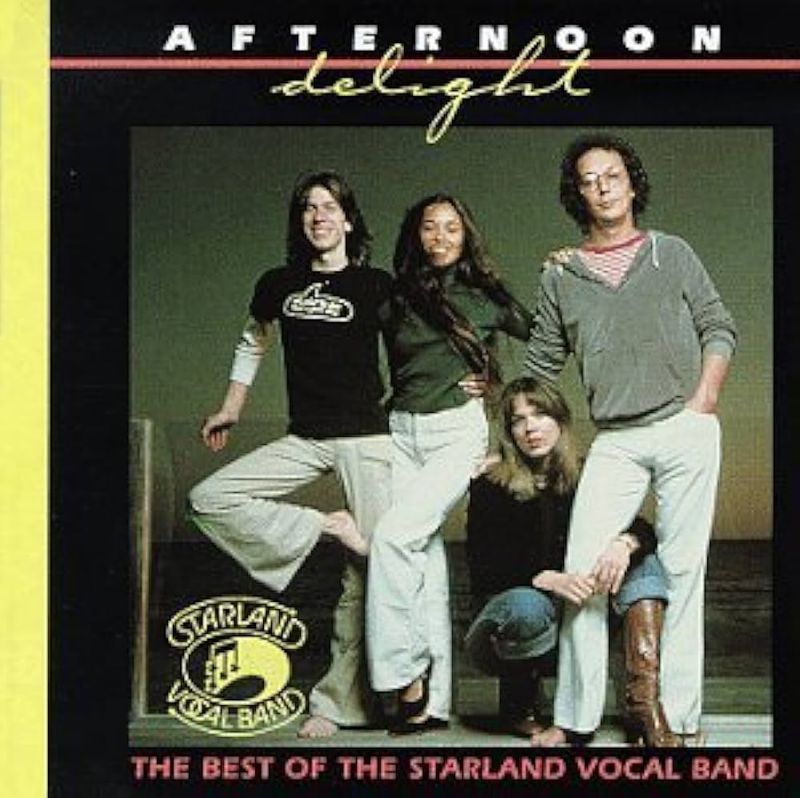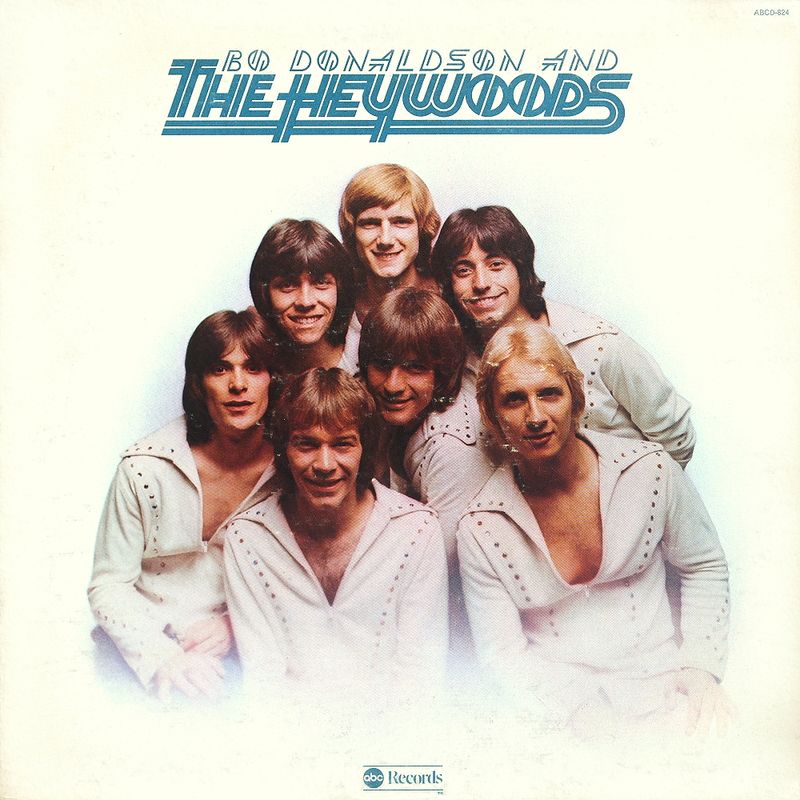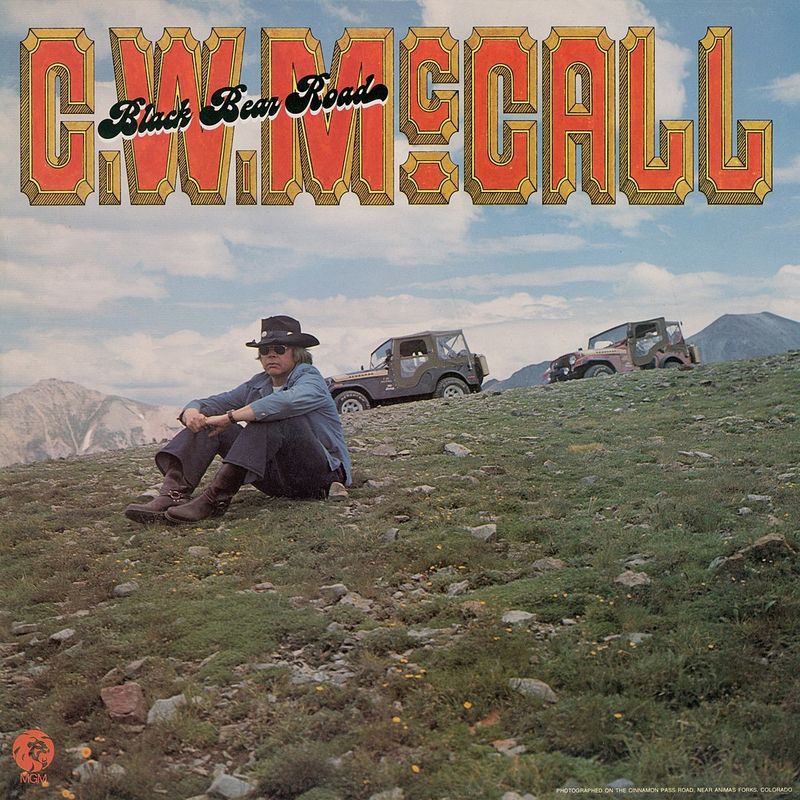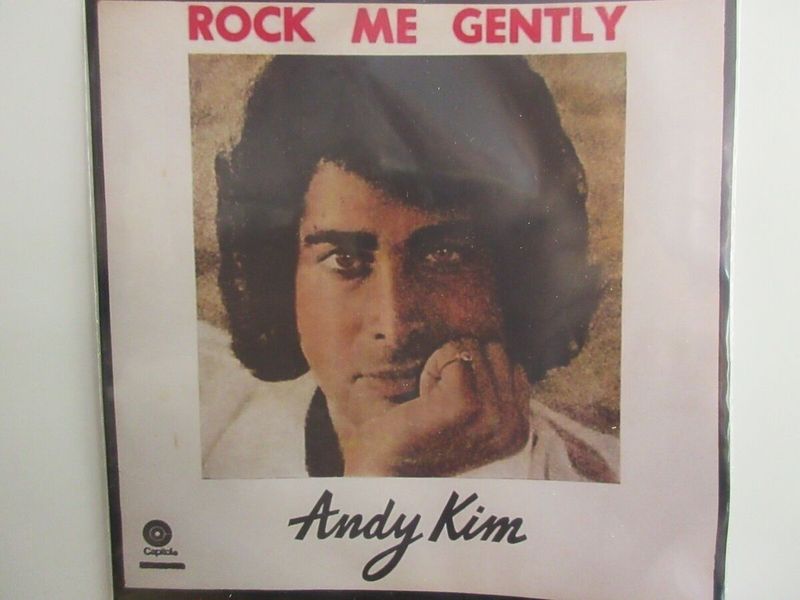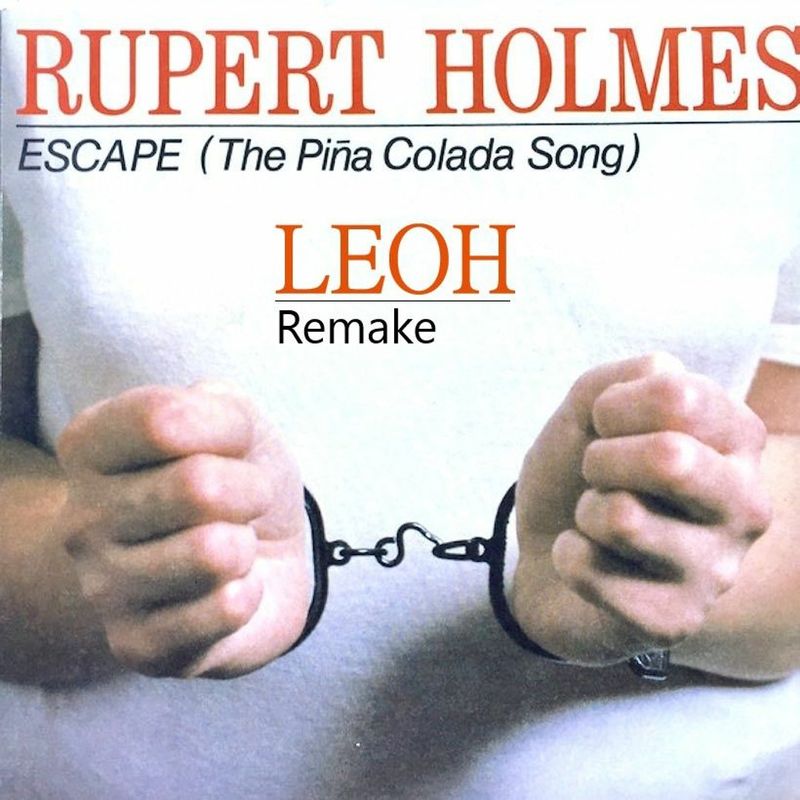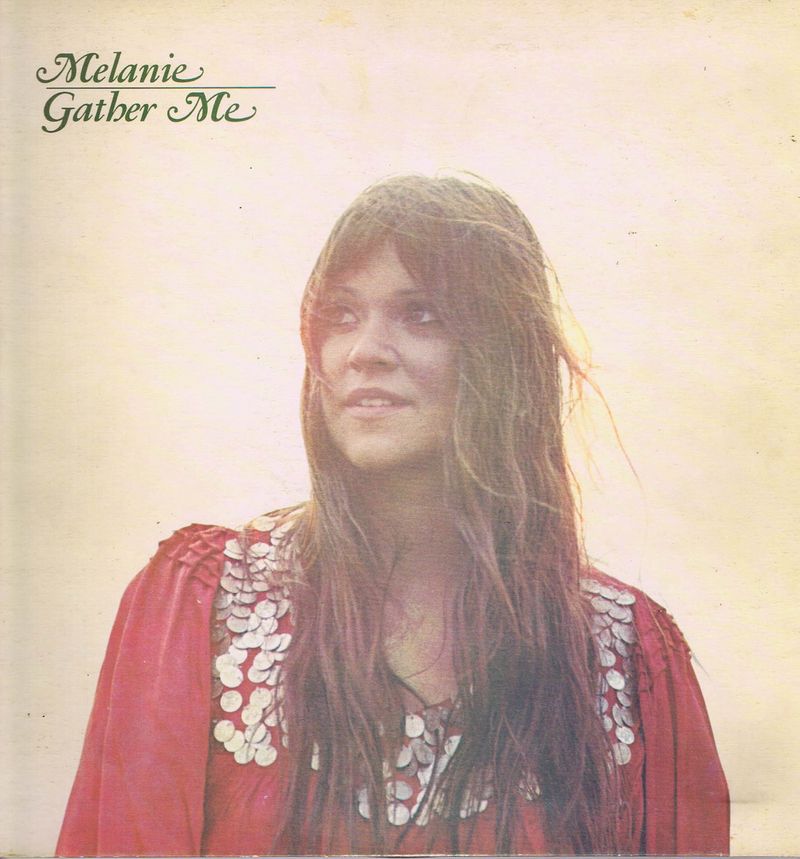The 1970s produced some unforgettable music, but not all tracks were golden. Hidden amidst the decade’s vibrant musical landscape were number one hits that, frankly, shouldn’t have topped the charts.
These songs are remembered not for their brilliance, but for their bewildering ability to claim the spotlight. Some were overplayed, others simply odd, and a few just plain missed the mark.
Let’s explore these infamous tracks and what made them stand out, for better or worse.
1. “Disco Duck” by Rick Dees
“Disco Duck” took the airwaves by storm, much to the dismay of serious music lovers. This novelty song features a quacking duck mixed with disco beats, a combination that somehow resonated with the masses.
Rick Dees, primarily a radio DJ, became an unlikely pop star. The song’s infectious yet irritating chorus left listeners bemused. Despite its silliness, it topped the charts, epitomizing the disco era’s quirkiest moments.
For those who endured its incessant play, “Disco Duck” is a peculiar reminder of how unpredictable music trends can be. It stands as a testament to the decade’s eccentric taste.
2. “You Light Up My Life” by Debby Boone
Debby Boone’s “You Light Up My Life” is a track often criticized for its saccharine sweetness. While undeniably heartfelt, its overwhelming sentimentality grated on many listeners.
Boone’s delivery, though earnest, was seen by some as overly dramatic. The song’s repetitive nature added to its divisiveness, with critics pointing to its lack of musical complexity.
Despite these points, it became a massive hit, embodying the softer side of the 70s music scene. For those not charmed by its earnestness, it serves as a reminder of how polarizing certain hits can be.
3. “Tie a Yellow Ribbon Round the Ole Oak Tree” by Tony Orlando and Dawn
“Tie a Yellow Ribbon Round the Ole Oak Tree” by Tony Orlando and Dawn is a song that, while catchy, is often criticized for being overly simplistic. Its narrative, though touching, lacks the depth many listeners crave.
The repetitive chorus sticks in the mind, sometimes unwelcome. While it resonated with a generation, others found its sentimentality cloying. Its success highlighted a divide in musical tastes, as it became a symbol of simplistic storytelling in music.
This track, though a chart-topper, is often remembered more for its kitsch than its artistry.
4. “My Ding-a-Ling” by Chuck Berry
Chuck Berry’s “My Ding-a-Ling” is a song that bemused fans and critics alike. Known for his pioneering rock and roll, Berry’s choice to record this novelty number was unexpected.
Filled with double entendres, the song was playful but lacked the musical ingenuity Berry was known for. Its chart-topping success left many scratching their heads, as it contrasted sharply with his earlier work.
Despite its humor, many felt it was unworthy of his legendary status. The song remains a curious anomaly in Berry’s discography, illustrating how even icons can surprise – and sometimes confuse – their audiences.
5. “Seasons in the Sun” by Terry Jacks
Terry Jacks’ “Seasons in the Sun” is a melancholic track that topped the charts despite its somewhat morose theme. The song’s reflective lyrics and Jacks’ somber delivery struck a chord, but its repetitive melody and simplistic composition drew criticism.
While it captured the mood of its time, some listeners found it overly depressing. The song’s success illustrates how emotion-driven tracks can resonate widely, even if they lack musical complexity.
For many, it remains a bittersweet reminder of the 70s, encapsulating an era where storytelling in music could overshadow technical artistry.
6. “(You’re) Having My Baby” by Paul Anka
Paul Anka’s “(You’re) Having My Baby” has been criticized for its awkward lyrics and outdated gender roles. The song’s attempt at celebrating fatherhood comes off as clumsy to modern ears.
Anka’s earnest delivery couldn’t mask the cringe-worthy nature of some lines. Despite this, it resonated with audiences at the time, becoming a chart-topping hit. The song’s controversy lies in its simplistic view of parenthood, which hasn’t aged well.
Its success highlights how cultural norms influence music reception, making it a fascinating piece of musical history despite its flaws.
7. “Afternoon Delight” by Starland Vocal Band
“Afternoon Delight” by Starland Vocal Band is a song that divided listeners with its unabashedly suggestive lyrics. Wrapped in upbeat harmonies, the tune seems innocent until the lyrics reveal a more risqué theme.
Its catchy, light-hearted melody juxtaposes its content, leading to mixed reactions. Some appreciated the clever wordplay, while others found it in poor taste. Despite this, it soared to the top of the charts, epitomizing the free-spirited nature of the 70s.
This track remains a talking point for its bold subject matter, illustrating how music can simultaneously charm and shock.
8. “The Night Chicago Died” by Paper Lace
“The Night Chicago Died” by Paper Lace is a dramatic retelling of a fictional gangster tale, set to an upbeat tune. Its narrative, while engaging, is riddled with historical inaccuracies, causing frustration among more discerning listeners.
The song’s catchy melody, however, ensured its popularity. Critics often pointed out its overly dramatic tone, which verged on the absurd. Despite its shortcomings, it achieved chart success, capturing the public’s imagination.
This track is a prime example of how storytelling can both elevate and detract from musical works, depending on execution.
9. “Billy Don’t Be a Hero” by Bo Donaldson and The Heywoods
“Billy Don’t Be a Hero” by Bo Donaldson and The Heywoods is a song with noble intentions but questionable execution. Its anti-war message, delivered through a pop lens, was both praised and ridiculed.
The narrative, while poignant, suffered from a lack of subtlety, leading to mixed reviews. Its catchy refrain stuck in listeners’ minds, whether welcome or not.
The song’s simplistic approach to a complex issue highlights the challenges artists face when tackling sensitive subjects. Despite this, it found a place in 70s pop culture, remembered for its earnest, if flawed, storytelling.
10. “Muskrat Love” by Captain & Tennille
“Muskrat Love” by Captain & Tennille is often cited as a baffling chart-topper. The song’s whimsical depiction of muskrats in love struck some as charming, while others found it absurd.
Its soft rock melody masked the unusual subject matter, creating a unique listening experience. Critics often questioned its place in the musical canon, given its odd premise.
Despite this, it captured the public’s curiosity, climbing the charts with ease. The song remains a peculiar relic of the 70s, demonstrating how novelty and curiosity can sometimes outweigh conventional musical merit in achieving success.
11. “Convoy” by C.W. McCall
“Convoy” by C.W. McCall is a song that capitalized on the trucking craze of the 70s, featuring CB radio lingo and a catchy chorus. Its novelty appeal was undeniable, but critics often dismissed it as a fad.
The story of a rebellious trucker convoy resonated with the era’s spirit of independence, though its musicality was questioned. The song’s chart success highlights how cultural phenomena influence musical popularity.
“Convoy” is a time capsule of a specific trend, its charm lying in its ability to capture a unique slice of Americana, despite its musical simplicity.
12. “Rock Me Gently” by Andy Kim
Andy Kim’s “Rock Me Gently” is a song that, while catchy, is often criticized for its lack of depth. The tune’s repetitive nature and simple lyrics led some to view it as uninspired.
However, its upbeat tempo and Kim’s charismatic delivery found a broad audience. The song’s success illustrates the dichotomy between musical complexity and popular appeal.
While not groundbreaking, it captured the carefree spirit of the 70s, offering a feel-good vibe that resonated with listeners. “Rock Me Gently” remains a reminder of how simplicity can sometimes be the key to reaching the top of the charts.
13. “Escape (The Pina Colada Song)” by Rupert Holmes
Rupert Holmes’ “Escape (The Pina Colada Song)” is a track often remembered for its quirky narrative. The story of a couple unknowingly responding to each other’s personal ads was both humorous and odd.
Its catchy chorus helped it climb the charts, but not everyone appreciated its lighthearted take on relationships. Critics pointed to its lack of depth, though its playful nature captured many listeners’ imaginations.
Despite varied opinions, the song stands as a testament to the 70s’ penchant for storytelling in pop music. It’s a reminder that sometimes, a catchy hook is all it takes to achieve success.
14. “Knock Three Times” by Tony Orlando and Dawn
“Knock Three Times” by Tony Orlando and Dawn is a song that, while infectious, garnered criticism for its simplistic lyrics and repetitive structure. Its upbeat melody belied the lack of lyrical depth, leading some to dismiss it as shallow.
Despite this, it resonated with audiences, becoming a significant hit. The song’s straightforward approach to storytelling was both its strength and weakness, illustrating how simplicity can polarize listeners.
“Knock Three Times” remains a classic example of 70s pop, embodying the era’s love for catchy yet uncomplicated tunes. Its enduring popularity underscores the timeless appeal of straightforward pop songs.
15. “Brand New Key” by Melanie
“Brand New Key” by Melanie is often remembered for its quirky and innocent lyrics about roller skates and a bicycle key. Its whimsical theme makes it a memorable earworm, yet it’s also why some find it annoying.
The song’s simplistic melody and playful tone can feel overly repetitive, lacking the depth found in other hits of the era. However, its lightheartedness and charm have allowed it to endure as a nostalgic favorite for many.
While polarizing, “Brand New Key” stands out for its distinctive style and remains a classic example of Melanie’s unique musical voice.
